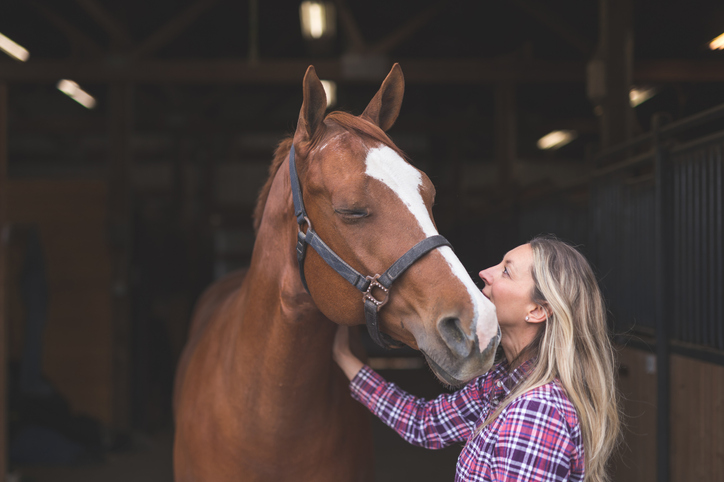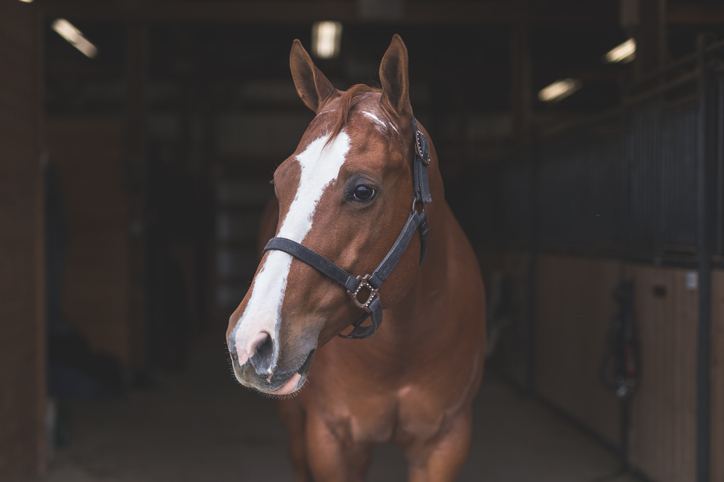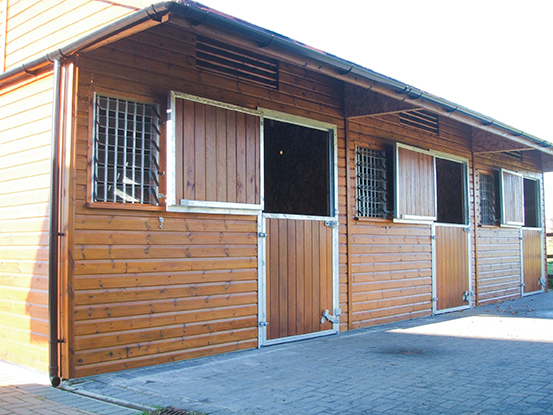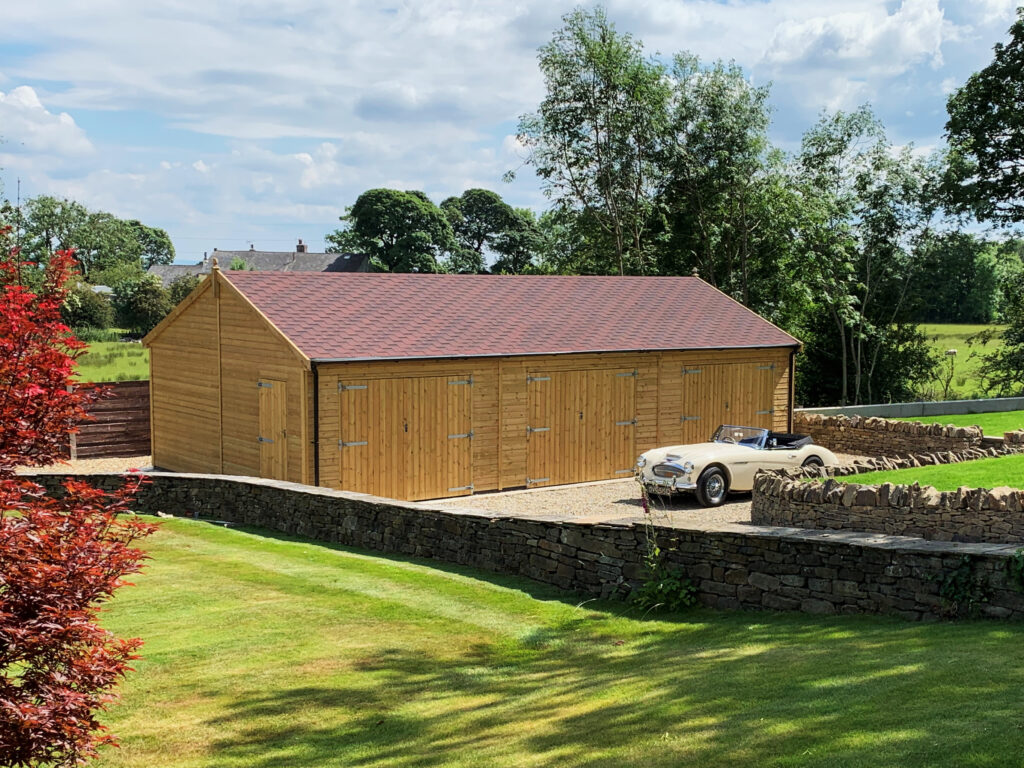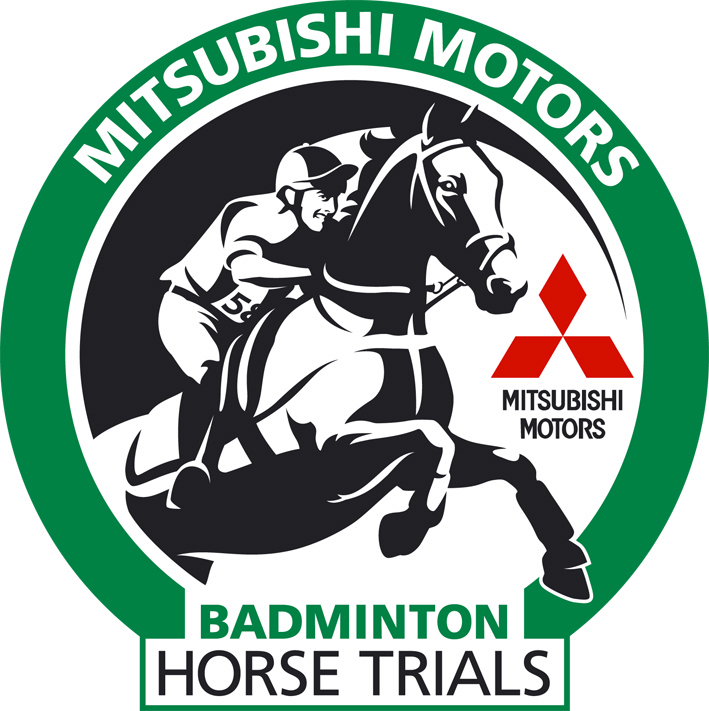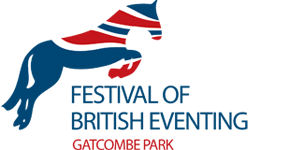While it will forever be the mystery as to how exactly horses see, what’s for sure is they do not see the world as humans do. Due to the structure and position of their eyes, a horse’s vision differs from ours in distance, colour and visual field.
When working with horses, their vision needs to be thoroughly understood. In this article, we will shed some light on most commonly asked questions. Knowing where horses can and cannot see is imperative as they are startled easily and can act out if you sneak up on them without them knowing.
Do horses have good eyesight?
Horses have the ability to switch between using monocular and binocular vision. Because of the way horse’s eyes are positioned, they have small blind spots directly in front of them and behind them when their head and neck are straight.
Horses visual abilities allow them to focus on their survival, as they are very defensive in nature. Their visual capabilities give them a greater advantage when detecting predators. With almost a 360 degree view of their surroundings, horses have great visual acuity, depth perception and night vision. All of which contribute to keeping them safe.
Can a horse see directly in front of them?
Horses eyes are located on the side of their head, so they have a wide range of vision. They can see almost 360 degrees and have blind spots only immediately in front and immediately behind their bodies. Horses mostly use monocular vision, meaning both eyes are used separately.
Horses are unable to see a short distance, directly in front of them and directly behind them, which is why one of the safety rules for working with horses is to speak to them when moving behind them. The horse’s visual range stretches from the end of their nose all the way around to an imaginary line extending straight back from their hip.
However, that being said, you need to trust your horse when out on the trails as they may be able to see a potential danger that human eye can’t. So if they get startled and you cannot see anything, it is best to proceed with caution.
Can horse see in the dark?
When it comes to the horse’s night vision, their ability is much better than humans due to the way their eye is built. Horses eyes have specific structures that improve their vision in dim light including a larger pupil arranged as a rectangular slit; reflective tapetum (acting as an internal reflector); and an increased amount of rod photoreceptors – all which help pick up light. Horses complications with colours may be the reason that their vision is much better at night. That leads us to our next question.
Are horses colour blind?
One of the most common misconceptions is that horses are colour blind. Although this is not true, they don’t see colour as vividly as humans do. They only see two of the three visible wavelengths in the light spectrum, meaning that red and orange colours may appear as greenish or brownish in the eyes of a horse.
Although horses do not see every colour, their eyes are perfect for the lifestyle of the horse. The food they eat is essentially immobile as they do not have to chase or capture any of their food.
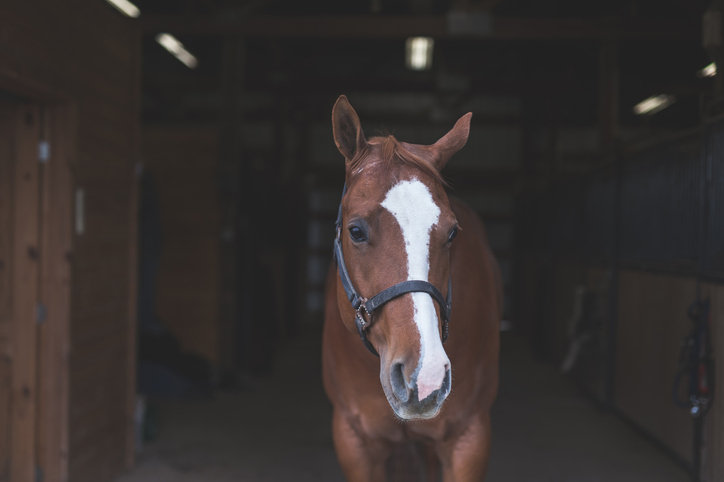
Do horses see things bigger?
Horses eyes are eight times larger than human eyes, just as some other mammals’ eyes are. Due to this, horse’s eyeballs have oversized retinas which magnify everything a horse sees. For a horse, up-close objects look 50 per cent larger than they appear to humans.
You would think that if something was bigger, you would be able to see more detail, right? That’s not how it works with horses; their ability to discriminate fine detail while focusing on something in the centre of the visual field is considerably worse than humans.
Why do horses need blinders?
The main purpose of the blinders, or blinkers for horses, is to prevent the horse from becoming distracted. Horse blinders are firm leather squares or plastic cups that attach to a horse’s bridle or hood and prevent horses from seeing behind and beside them.
Driving horses commonly wear blinkers to keep them from being distracted or spooked, especially on crowded city streets. Farming horses may also wear them if they are pulling a plough or a wagon, as they might need blinders to stop them from losing concentration on the direction they are supposed to be headed.
Horses are incredible animals, and their eyesight is no exception! Hopefully, you learned something about your horses’ eyes that will better help you understand why your horse can get startled easily.
In the market for a new stable? We’d love to chat and see how Jon William Stables can help you build your horses dream home. Give us a call on 01380 850965.

